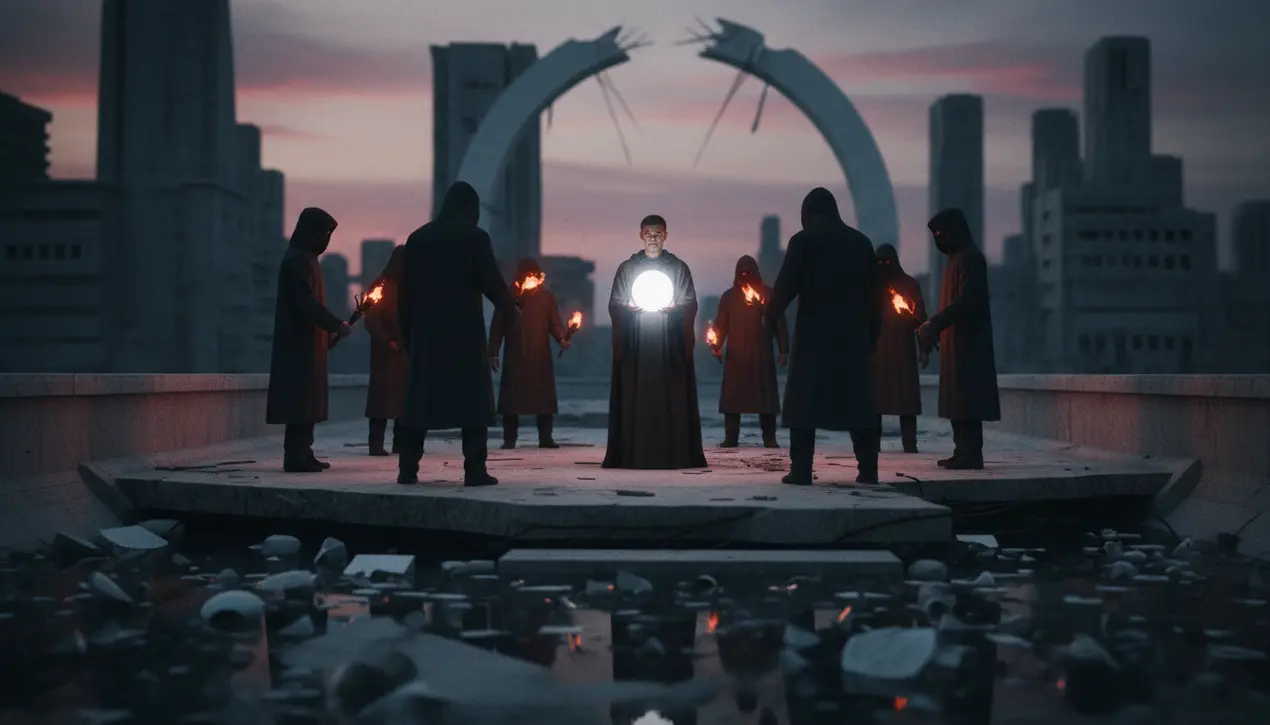- News
- protests-movements
- The Battle for Tomorrow: Why Envisioning a Better Future is Treated as a Threat

Politicsprotests & movementsMass Demonstrations
The Battle for Tomorrow: Why Envisioning a Better Future is Treated as a Threat
MI
Michael Ross
10 hours ago7 min read2 comments
In a profound cultural shift, the act of envisioning a more equitable and sustainable future is increasingly being treated not as a civic virtue but as a subversive act. This suppression of imagination, while historically recurrent, has reached a new and disturbing intensity in modern discourse.The historical precedent is clear: the Luddites of the 19th century were not primitive saboteurs but laborers fighting for a future where technology served humanity, not displaced it—a vision the industrial elite successfully branded as a dangerous threat to progress. Today, this conflict has evolved from the factory floor to the very foundations of our economic and digital lives.Proposals that challenge entrenched paradigms—such as universal basic income, stakeholder capitalism, or post-capitalist alternatives—are frequently met not with substantive debate but with the dismissive labels of 'utopian' or 'unrealistic. ' This rhetorical move is the contemporary form of heresy, a defense mechanism for systems resistant to change.The underlying message is potent and clear: to seriously question the existing order is to risk its stability. When thinkers, from effective altruists to social entrepreneurs, present concrete plans to solve existential crises like climate change or inequality, they expose the inadequacies and designed flaws of our current systems.This provokes a widespread cognitive dissonance that is often easier to resolve by attacking the messenger than by confronting the unsettling message. The pattern of backlash is well-established: initial ridicule gives way to marginalization, and if an idea gains traction, active suppression follows.This trajectory is visible in laws restricting public protest, in the strategic defunding of critical arts and humanities programs, and in the corporate appropriation of transformative concepts like 'sustainability,' stripping them of their radical potential. The late author Isaac Asimov, through his foundational work on robotic ethics, demonstrated that the future must be ethically architected in the imagination before it can be built in reality.To criminalize or pathologize this essential creative space is to sever humanity's lifeline to progress. The defining struggle of our era may therefore be less a traditional political battle and more a fundamental clash between the powerful inertia of the present and the compelling gravitational pull of a better, unwritten future. The critical question we now face is not whether we can conceive of a better world, but whether we possess the collective fortitude to endure the hostility that such vision inevitably attracts.
#editorial picks news
#social control
#imagination
#dystopia
#political dissent
#future vision
#activism
#censorship
Stay Informed. Act Smarter.
Get weekly highlights, major headlines, and expert insights — then put your knowledge to work in our live prediction markets.
Comments
Loading comments...
© 2025 Outpoll Service LTD. All rights reserved.